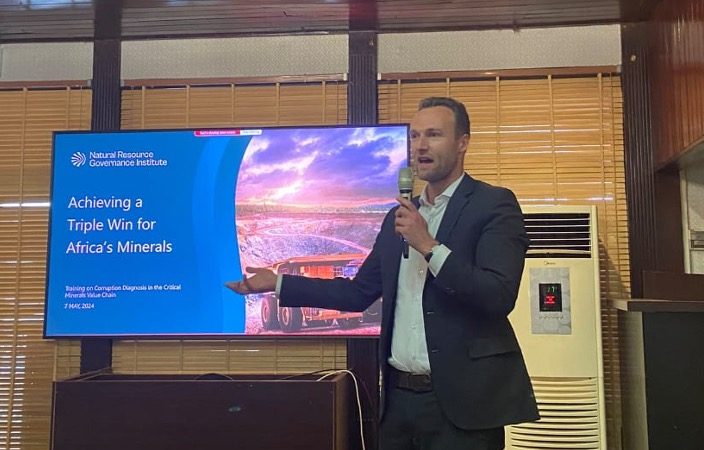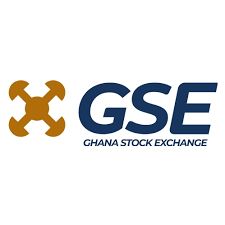Economist urges careful negotiation in Africa’s extractive sector …to counter corruption and boost returns

Thomas Scurfield, an Economist at the Natural Resources Governance Institute (NRGI), has urged the government to exercise caution and diligence in negotiating deals within the extractive sector, emphasizing the importance of securing favorable tax arrangements for the state and its citizens.
Despite attracting less investment compared to other regions, many African countries, including Ghana, experience net negative returns from resource extraction, with Ghana posting a -2% return, according to NRGI data.
IMF estimates that the Sub-Saharan Africa could produce minerals worth US$1.9trillion up to 2050 generating revenues of US$300billion base on past collection rates.
At a training session focused on diagnosing corruption in the critical minerals value chain, themed ‘Achieving a triple win for Africa’s Minerals,’ Scurfield highlighted the urgent need for transparency and public involvement in negotiating deals, especially during election years when the pressure to expedite agreements intensifies, potentially leading to corruption.
He maintained that there is global pressures to quickly extract minerals often create perfect conditions for corruption, especially when high prices are involved. During an election year, these challenges intensify, as governments try to maximize benefits while demonstrating progress to citizens, sometimes leading to additional self-serving actions by incumbents.
“I think eventhough there is global pressure to quickly sign contracts, quickly get minerals out of the ground, governments need to take their time to make sure they got a good deal for their people, -taking their time to make sure they negotiate a good tax deal, doing all proper modeling of the projects, economics, looking at what conditions to be put in place, also about getting the public involved and showing consultation, transparency to make sure there is proper oversight of the deals that are being negotiated.”
Scurfield used the recent awarding of Ghana’s first lithium mining license to Atlantic Lithium as an example, noting the importance of parliamentary ratification to ensure proper oversight. Despite Ghana holding only about 6% of Africa’s lithium reserves, he advocated for collaboration with countries like Nigeria, which have larger deposits, to establish a more viable refinery.
The government’s agreement with Atlantic Lithium, which includes a 13% royalty and a 30% state stake, has sparked debate, particularly concerning the timing of Atlantic Lithium’s listing on the Ghana Stock Exchange before parliamentary approval. Scurfield expressed concerns over the potential for the agreement to bypass thorough legislative scrutiny.
The session also introduced the Mining Awards Corruption Risk Assessment (MACRA) tool, presented by the Ghana Integrity Initiative (GII), designed to identify and measure corruption risks in the large-scale mining sector.
By Eugene Davis






